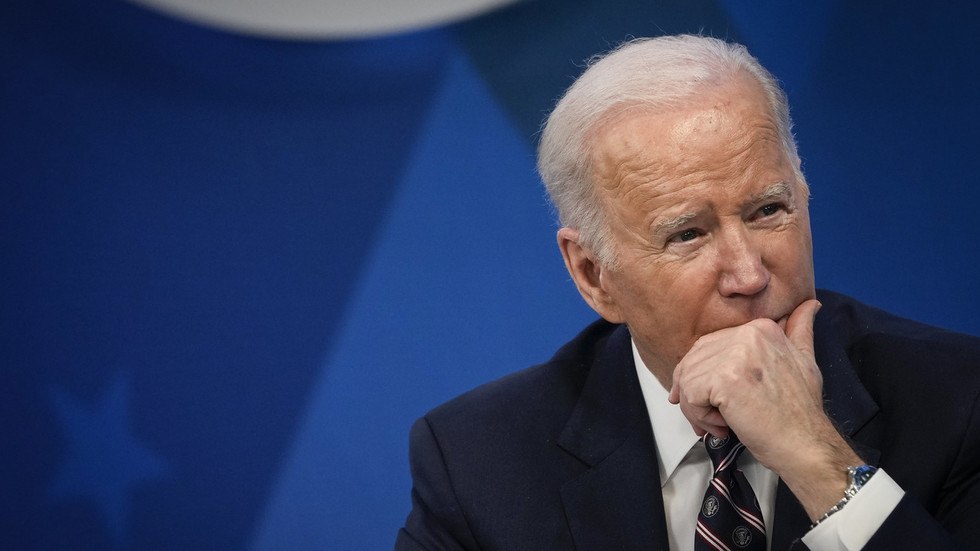
The RAND Corporation believes the fighting must end sooner rather than later
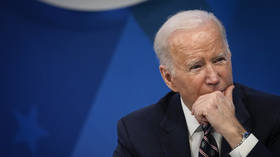
US President Joe Biden © Drew Angerer / Getty Images
The RAND Corporation, a highly influential elite national security think tank funded directly by the Pentagon, has published a landmark report stating that prolonging the proxy war is actively harming the US and its allies and warning Washington that it should avoid “a protracted conflict” in Ukraine.
What are the US’ interests in Ukraine
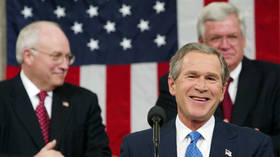
Read more
The report has an unequivocal title, “Avoiding a long war: US policy and the trajectory of the Russia-Ukraine conflict,” which provides a strong indication as to its contents.
It starts by stating that the fighting represents “the most significant interstate conflict in decades, and its evolution will have major consequences” for Washington, which includes US “interests” being actively harmed. The report makes it very clear that while Ukrainians have been doing the fighting, and their cities have been “flattened” and “economy decimated,” these “interests” are “not synonymous” with Kiev’s.
The US ending its financial, humanitarian and particularly military support promptly would cause Ukraine to completely collapse, and RAND cites several reasons why doing so would be sensible, not least because a Ukrainian victory is regarded as both “improbable” and “unlikely,” due to Russian “resolve,” and its military mobilization having “rectified the manpower deficit that enabled Ukraine’s success in the Kharkiv counteroffensive.”
From the perspective of US “interests,” RAND warns that while the Kremlin has not threatened to use nuclear weapons, there are “several issues that make Russian use of nuclear weapons both a plausible contingency Washington needs to account for and a hugely important factor in determining the future trajectory of the conflict.”
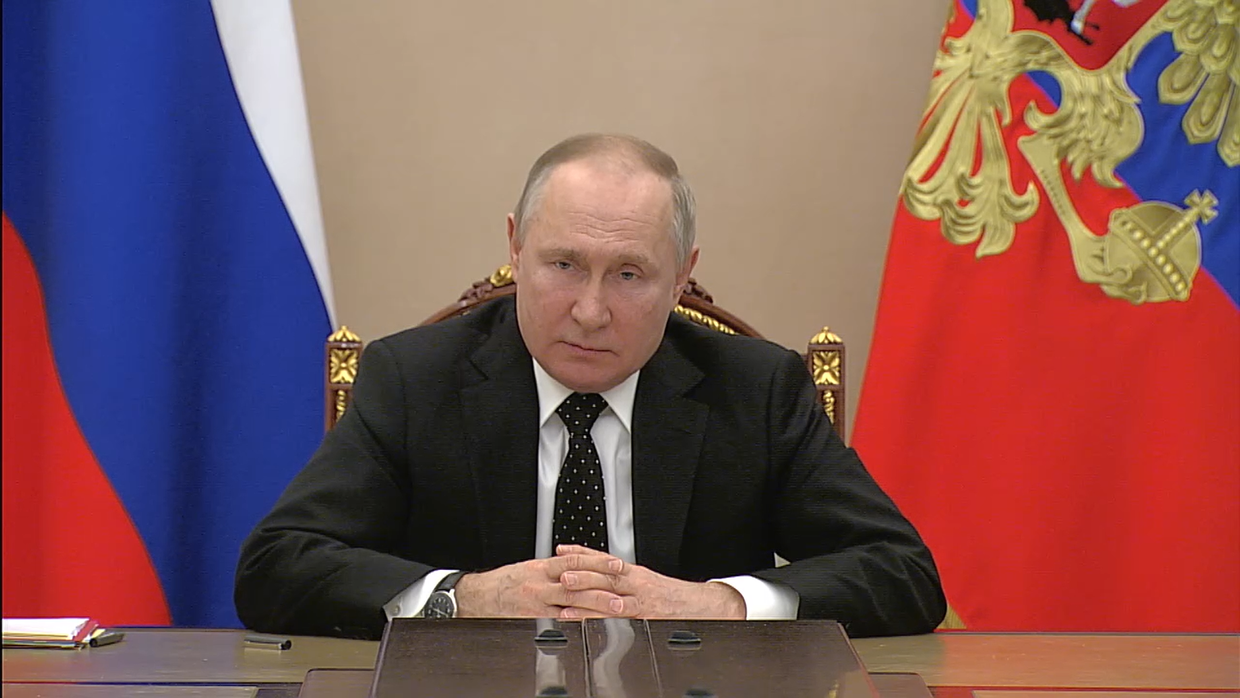
Vladimir Putin, at a meeting with Sergei Shoigu and Valery Gerasimov, orders to bring the nuclear deterrent forces into a special combat duty mode. © Kremlin
And what are the risks for the US
The think tank believes the Biden administration “has ample reason to make the prevention of Russian use of nuclear weapons a paramount priority.” In particular, it should seek to avoid a “direct nuclear exchange” with Moscow, a “direct conflict with Russia”, or wider “NATO-Russia war.”
On the latter point, RAND worries that US general Mark Milley’s demand that the conflict stay “inside the geographical boundaries of Ukraine” is on the verge of being disrespected, as “the extent of NATO allies’ indirect involvement in the war is breathtaking in scope,” including “tens of billions of dollars’ worth of weapons and other aid” and “tactical intelligence, surveillance and reconnaissance support,” along with “billions of dollars monthly in direct budgetary support to Kiev.”
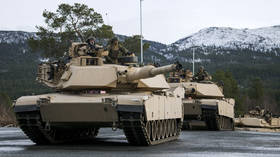
Read more
Such largesse could, RAND forecasts, prompt Moscow to “punish NATO members…with the objective of ending allied support for Ukraine; strike NATO preemptively if Russia perceives that NATO intervention in Ukraine is imminent; interdict the transfer of arms to Ukraine; retaliate against NATO for perceived support for internal unrest in Russia,” if the Kremlin concludes the country’s national security is “severely imperiled.”
These outcomes are “by no means inevitable,” but still represent an “elevated” risk, particularly in light of incidents such as a Ukrainian air defense missile striking Polish territory in November 2022 – a situation exacerbated by Ukrainian President Vladimir Zelensky falsely claiming it was a deliberate Russian strike. While this event “did not spiral out of control, it did demonstrate that fighting can unintentionally spill over to the territory of neighboring US allies.”
Another incident like that could mean “the US military would immediately be involved in a hot war with a country that has the world’s largest nuclear arsenal.” This, as well as a conventional conflict between NATO and Russia, is a prospect Washington should avoid at all costs, RAND argues.
A clear implication is the US could lose such a conflict, one key reason being, as pointed out by RAND, “the intensity of the military assistance” being given to Ukraine by its Western backers is already approaching an “unsustainable” level, with US and European weapons stocks “running low.” This consequently means a longer war equals more Ukrainian territory reunified with Russia.
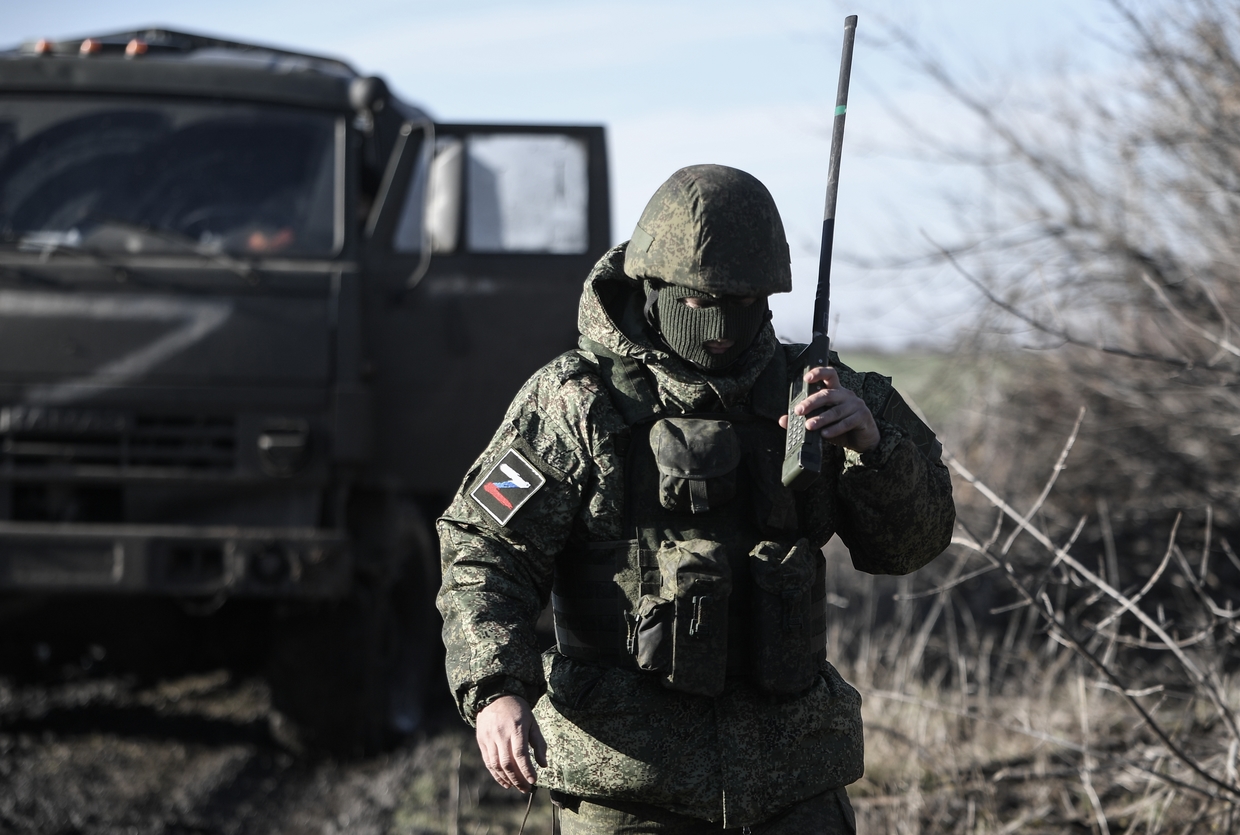
A Russian servicemen speaks over walkie-talkie near a BM-21 Grad multiple launch rocket system in the course of Russia’s military operation in Ukraine, at the unknown location. © Sputnik / Konstantin Mihalchevskiy
Is there a solution?
On the subject of territorial losses, RAND is unmoved by arguments Ukraine should attempt to recapture all that it has lost since 2014, as “greater territorial control is not directly correlated with greater economic prosperity” or “greater security.” Land having been retaken by Kiev since September means “Russia has imposed far greater economic costs on the country as a whole.”
RAND also considers the worth of arguments that “greater Ukrainian territorial control” should be assured “to reinforce international norms, and to foster Ukraine’s future economic growth” to be “debatable,” as even in the “unlikely” event Kiev pushes “beyond the pre-February 2022 line of control and manages to retake areas that Russia has occupied since 2014,” the risks of escalation from Moscow, including “nuclear use or an attack on NATO” will “spike.”
The Kremlin would likely treat the potential loss of Crimea as a much more significant threat both to national security and regime stability,” the report warns.
All these factors make “avoiding a long war…the highest priority after minimizing escalation risks,” so RAND recommends the US “take steps that make an end to the conflict over the medium term more likely,” including “issuing assurances regarding the country’s neutrality,” something that Moscow had requested before the conflict began, to deaf ears, as well as “sanctions relief for Russia.”

Read more
However, the report warns against a “dramatic, overnight shift in US policy,” as this would be “politically impossible – both domestically and with allies,” instead recommending the development of “instruments” to bring the war to a “negotiated end,” and “socializing them with Ukraine and with US allies” in advance to lessen the blow. This process should be started quickly though, as “the alternative is a long war that poses major challenges for the US, Ukraine, and the rest of the world.”
***
What this proposal ignores is that Western leaders have consistently proven they cannot be trusted to respect or adhere to treaties they have signed and brokered with Russia, such as the Minsk Accords, which former German Chancellor Angela Merkel has admitted were never intended to be implemented, but rather to buy time for Kiev.
It may be the case then that Moscow won’t be interested in RAND’s solution at all, and choose instead to finish the war on its own terms.
By Felix Livshitz




